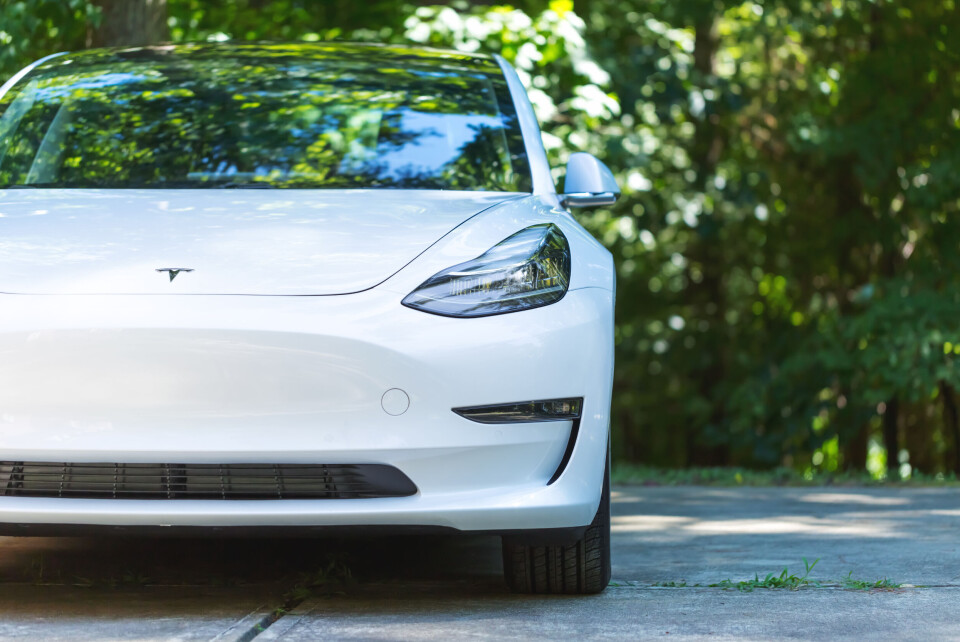-
Snake measuring up to five metres reported in Vendée
It was apparently run over by a car last week but is yet to be found
-
Mercosur trade deal explained: why French farmers are angry and will it pass?
A decisive vote is due on Friday December 19. Unions say if it passes there will be major disruption
-
Mutuelle fees set to increase in France next year: see by how much
New taxes on mutuelle companies denounced by insurance federation
Taxi driver in fatal Paris crash lodges complaint against Tesla
The driver who crashed a Tesla Model 3, killing one person and injuring 20 others, is under investigation for alleged manslaughter

The driver of a Tesla electric vehicle that was involved in a fatal crash in Paris has made a complaint against the car manufacturer and accused it of “putting people’s lives in danger”.
The driver’s lawyer Sarah Saldmann confirmed that the driver had made a complaint against Tesla France.
She told the Agence France-Presse on Sunday, March 20: “My client has always maintained the same story: the brake did not work and the accelerator became stuck, and that is why he is making a complaint for ‘putting people’s lives in danger’.”
The driver’s lawyer has previously said that her client believed he “was going to die” when the crash happened in the 13th arrondissement on December 11.
🇫🇷 #Paris : accident de la circulation dans le 13e arrondissement de Paris. pic.twitter.com/HvqGtOEt9E
— Alerte France (@AlerteFR) December 11, 2021
Read more:Tesla taxi driver in fatal crash case faces manslaughter investigation
The complaint was made at the Versailles parquet on March 18. The headquarters of Tesla France are in Yvelines, in west Paris.
The case is already under judicial investigation in Paris. The driver is charged with “involuntary homicide [manslaughter] and involuntary injuries by a motor vehicle”.
The 57-year-old had been a taxi driver for 25 years and lived in Essonne. He was not on duty at the time of the accident, but was driving with his wife and daughters when he said he claims he lost control of the vehicle.
The taxi ran over two pedestrians and a glass container, which was thrown into the air and smashed on the ground. The taxi then ran over a set of traffic lights, throwing them into the air, and was only stopped when it smashed into a van in the middle of a road crossing, police said.
The accident killed one person and injured around 20 others.
Ms Saldmann said that the car, a Tesla Model 3, had been bought new in August 2021.
The investigation is focused on whether the accident was the result of human error, or technical failure.
Tesla denies technical errors
Tesla has already denied technical failings were to blame.
Read more:Tesla denies technical failings to blame for fatal Paris taxi crash
Immediately after the crash, it said that it was “at authorities’ disposition” to cooperate with the investigation and to send data it has gathered remotely on the vehicle in question, but declined to give further details.
The company was not able to examine the vehicle in question immediately after the crash, due to the extent of the damage.
In January 2020, Tesla denied that its cars could be subject to “unintentional acceleration” after claims that this was happening by some drivers in the US.
It said: “We have investigated each incident, and, each time the data were available, we have been able to establish that the car accelerates if, and only if, the driver decided to do it.”
It added that its vehicle accelerator pedals are fitted with sensors that cut the motor immediately if any dysfunction is detected (such as the driver pressing on both pedals at once, for example).
The taxi company the driver worked for, G7, has stopped using Tesla Model 3 vehicles as investigations continue.
























